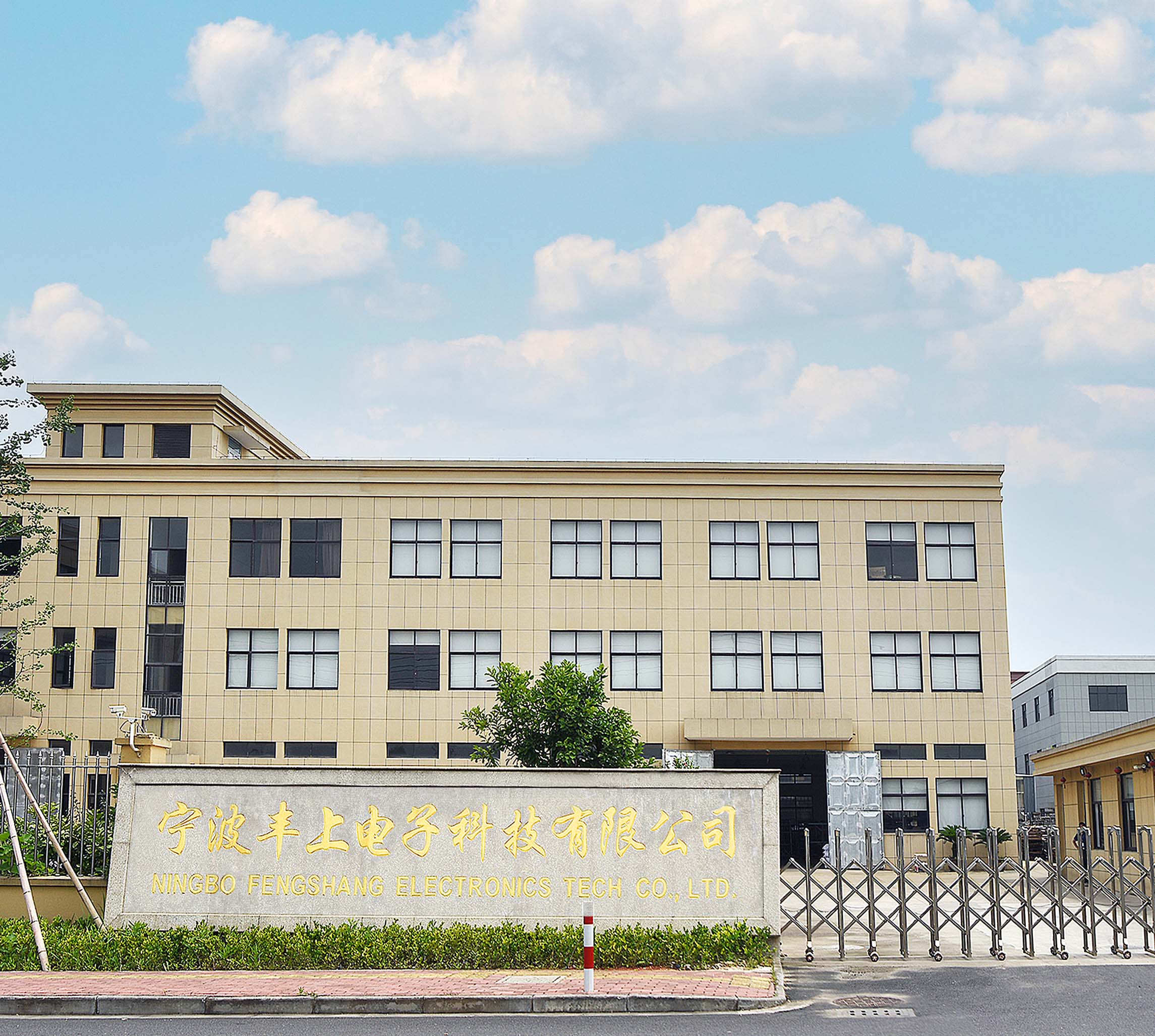[Industry Knowledge Development]
Industrial steam pipes are used to transport steam from one point to another in industrial settings. They are typically made of high-quality materials, such as steel or copper, to withstand high temperatures and pressures.
The size and thickness of steam pipes depend on the volume and pressure of steam being transported, as well as the distance between the source and the destination. Proper insulation of the pipes is also important to prevent heat loss and ensure the efficiency of the steam system.
To ensure the safe operation of industrial steam pipes, regular maintenance and inspection is necessary. This includes checking for any leaks or damage, ensuring proper insulation, and monitoring steam pressure and temperature levels.
It's important to note that steam can be very dangerous and cause severe burns or injuries if proper precautions are not taken. It's crucial to follow all safety protocols and wear appropriate personal protective equipment when working with steam pipes.
Industrial steam pipes are designed to handle high pressure and temperature conditions to ensure that steam is transported safely and efficiently from the boiler to the point of use. Some features of industrial steam pipes include:
Material: Steam pipes are typically made of materials that can withstand high temperature and pressure such as carbon steel, alloy steel, and stainless steel.
Insulation: Steam pipes are usually insulated to minimize heat loss, improve energy efficiency, and prevent condensation.
Size and thickness: The size and thickness of steam pipes depend on the steam flow rate, pressure, and temperature. Pipes with larger diameters are needed for higher flow rates, while thicker walls are required for higher pressures.
Valves and fittings: Steam pipes are fitted with valves and fittings to regulate the flow of steam and prevent leaks. Valves and fittings may be made of the same material as the pipe or from materials such as brass or bronze.
Support: Steam pipes must be properly supported to prevent sagging or movement due to thermal expansion. Support can be provided by using pipe hangers, clamps, or supports.
Maintenance: Regular maintenance is essential to ensure the safe and efficient operation of steam pipes. Maintenance tasks may include checking for leaks, inspecting valves and fittings, and replacing insulation.
When selecting industrial steam pipes, there are several factors that should be taken into consideration to ensure that the chosen pipes are suitable for the intended application. Here are some tips to keep in mind:
Material: The material used to make the steam pipes is important as it will determine the pipes' strength, durability, and resistance to corrosion. Materials commonly used for steam pipes include carbon steel, stainless steel, and copper.
Pressure and temperature: The pressure and temperature of the steam being transported through the pipes will determine the thickness of the pipes and the type of insulation required. It is important to choose pipes that can handle the pressure and temperature of the steam without deforming or rupturing.
Size: The size of the steam pipes should be determined based on the volume of steam that needs to be transported and the flow rate required. Selecting pipes that are too small can cause pressure drop and result in reduced efficiency, while selecting pipes that are too large can result in excessive costs.
Fittings and joints: Choosing the right fittings and joints is important to ensure that the pipes can be connected and installed correctly. The fittings and joints should be made of the same material as the pipes and be suitable for the pressure and temperature of the steam.
Maintenance and repair: Consideration should be given to how easy it is to maintain and repair the steam pipes. Choosing pipes with easy-to-replace components and accessible sections can help to reduce maintenance costs and downtime.
By considering these factors when selecting industrial steam pipes, you can ensure that you choose pipes that are suitable for your specific application and will provide reliable and efficient performance.


 English
English
 中文简体
中文简体
 Español
Español


.jpg?imageView2/2/format/jp2)
.jpg?imageView2/2/format/jp2)
.jpg?imageView2/2/format/jp2)
.jpg?imageView2/2/format/jp2)
.jpg?imageView2/2/format/jp2)
.jpg?imageView2/2/format/jp2)








